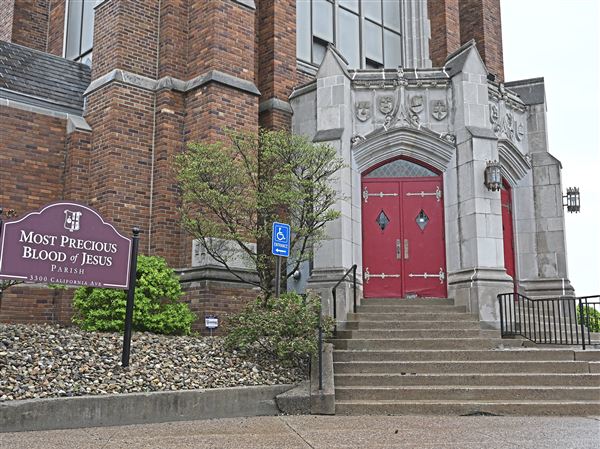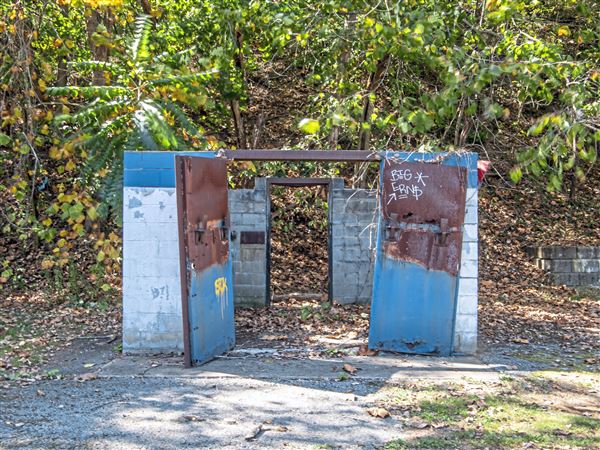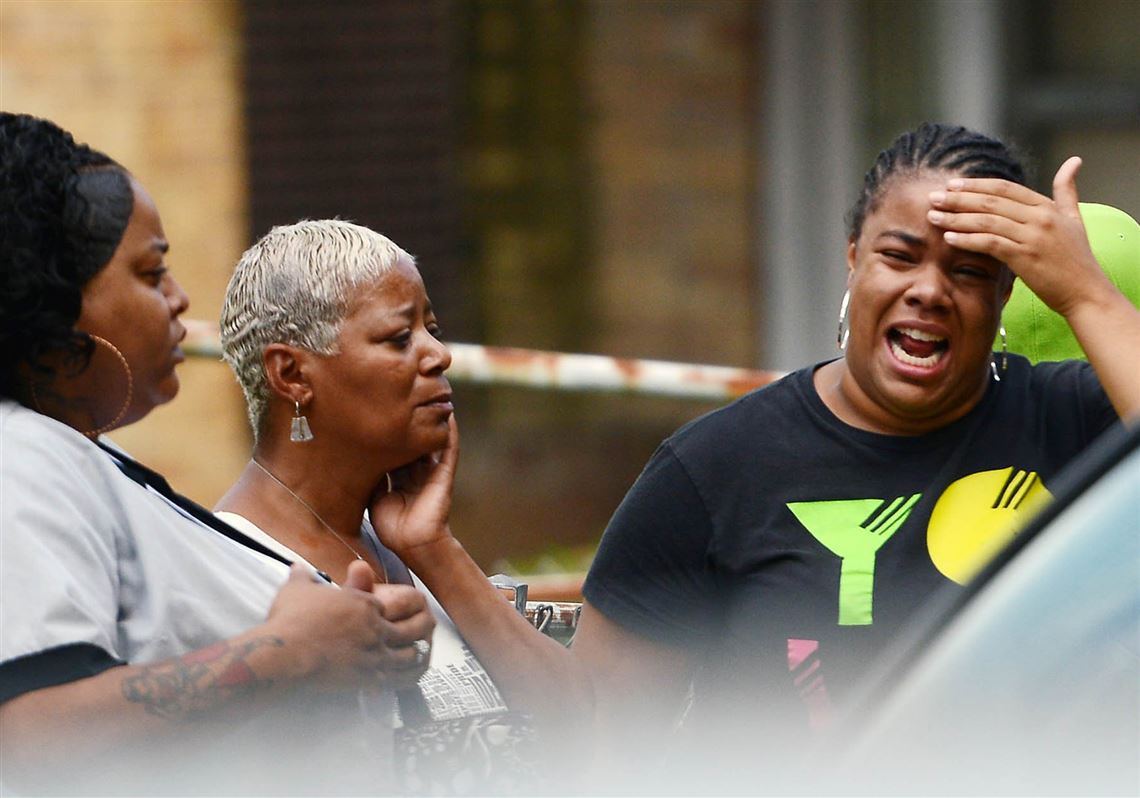Sitting in a Pittsburgh courtroom, mere feet from the man who killed her sister and gunned down her mother, Tamara Crawford struggled to contain her rage.
“I was angry most of the time we were there,” she said of the two-week federal trial for Price Montgomery, who was convicted Tuesday of killing Tina Crawford, 34, on Aug. 22, 2014, to prevent her from telling authorities what she knew about his drug operation.
“It doesn’t feel any different — it can’t bring her back, but to know he is off the street and not able to kill anyone else gives us a sense of relief,” Ms. Crawford, 29, said Wednesday.
She didn’t grasp, until the trial, just how complex the case against Montgomery was, nor did she know the full extent of her sister’s role running drugs for Montgomery between New Jersey and Pittsburgh.
Tina and her mother, Patsy Crawford, were headed out to meet with federal investigators about Montgomery’s operation when he and another man shot them in Patsy’s Hill District garage on Cherokee Street. Patsy, now 68, was shot four times but survived.
The day after the shooting, textbooks for Tina arrived in the mail. She had just enrolled to earn a master’s degree from Kaplan University, building on a bachelor’s in criminal justice and psychology she had received from the school.
Tina took online classes while she worked as a security guard at the Allegheny County Sanitary Authority. She had been there for nearly 10 years, often manning the night shift or swing shifts, Tamara said, and had nicknames for everyone she worked with, funny ones that perfectly fit the subject.
But Tina also spent at least a year carrying heroin between Pittsburgh and New Jersey for Montgomery. Before she was killed, she told federal agents she had made eight trips between the states and was paid $2,000 each time.
She would rent a car, always a Chevy Impala, and drive to Newark. Montgomery would travel there separately and buy heroin from his Newark source. Then he would meet with Ms. Crawford near a Newark mall or some other location and place a bag of heroin into her car for the trip back to Pittsburgh.
They would travel separately back home, and after a few days he would retrieve the bag from her car and take it to his house for distribution to his cohorts.
Listening to the details of her sister’s actions during Montgomery’s trial was a shock, Tamara said.
“We had no idea what she was involved in,” she said.
She thinks her sister was frustrated with her career and lack of advancement and joined Montgomery in large part for the money, although she made a good living. Tina lived in Manchester with her girlfriend and together they made six figures.
Tamara said Tina had been applying for other jobs, hoping to leverage her bachelor’s degree, but nothing came through, and she wasn’t willing to be patient.
“My sister, she liked nice things. She did travel before all this, but she wanted to travel more,” Tamara said. “She didn’t see it the way [Montgomery] saw it, which was his lifestyle and his business. She saw it as just change.”
She thinks Montgomery exploited Tina’s loyalty. The 34-year-old shared an American Express account with Montgomery and bought him concert tickets.
“The man ... basically used her as much as he could and then turned around and killed her,” Tamara said.
The federal investigation into Montgomery’s drug ring stretched for several months as agents monitored his movements and tapped his phone. On June 8, 2014, they arrested Montgomery as he returned from a trip to New Jersey and raided his Mount Washington home; the next day, agents searched Tina’s house.
She knew the gig was up, Tamara said Wednesday.
“I feel like something like that, one, knowing it’s wrong, and two, when they do raid on your house, you know then it’s done, they know what’s going on,” Tamara said. “I don’t know how to word it, but I think she was like, ‘OK, I’ll let you all know. I won’t hide anything; You’re the feds.’ ”
Tamara heard that some in Pittsburgh blame her sister for her own death because she cooperated with the investigation, but Tamara condemned that attitude.
“I see people talking about she’s a snitch, this, that and the other, and they say snitches get stitches,” she said. “I just feel like it’s an ineffective message in our community that our community continues to suffer from. I feel like it’s an inadequate result because no party wins. That’s something that needs to get taken out of people’s mouths.”
After the shooting, Patsy spent two months in the hospital, followed by six months with a colostomy bag and countless visits from nurses and home health aids. She has a long scar down the middle of her stomach and three bullets still in her thigh.
They moved to the West Coast and were protected witnesses while awaiting Montgomery’s trial, Tamara said.
Coming back to Pittsburgh for the trial brought the pain of the attack back again, she said.
“A lot of memories set in, just driving around and looking,” she said. “I just, oh, I couldn’t take it. We did a lot together, Tina and I and my mom. We were the three musketeers.”
The guilty verdict did bring some peace, she said, especially for Patsy, who still owns the house on Cherokee Street, though they have no plans to move back to Pittsburgh.
With the trial over, Tamara is starting to think about what’s next. She would like to get into law enforcement, she said, and praised the work of the U.S. Attorney’s Office on her sister’s case.
“It’s been a long, long road,” she said.
Shelly Bradbury: 412-263-1999, sbradbury@post-gazette.com or follow @ShellyBradbury on Twitter. Staff writer Torsten Ove contributed.
First Published: November 19, 2018, 11:30 a.m.




























